Yakuza Like A Dragon
After years of being told, almost to the point of begging, to play Yakuza Like A Dragon, I've finally had the chance to get started on a playthrough. Part of what influenced my decision was due to the release of two Like A Dragon games right around the corner, the first being The Man Who Erased His Name and the second being Like A Dragon 8. I've done my best to avoid spoilers but due to the nature of LAD 8 being a direct sequel to the previous, certain key characters are shown with a new refreshed appearance.
Perhaps that was also a reason why it took a while to get to this game. I've realized over the years there are several types of Like A Dragon fans, the first being the ones who were introduced to the series since Yakuza 0. The second being the ones whose first game in the entire series was Like A Dragon 7.
The final group is the one who played the game since the original English Yakuza dub on the PlayStation 2, avoided the PlayStation 3 games altogether because they bought an Xbox 360 instead, got back into the series with Kiwami, and decided to pick this one up because it's a second reboot. If that sounded very specific and it instead was made to describe this particular fan, you'd be correct.
Here are my thoughts of Like A Dragon from someone who is a returning fan. To this day, I've played the original two, Y0, and both Kiwami games. Many of the characters who would be introduced from 3 to 7 are those that I have a passing knowledge of. I'm aware of the fate of Haruka and Kiryu, the idol phase, and many more plot elements that have little to do with Like A Dragon.
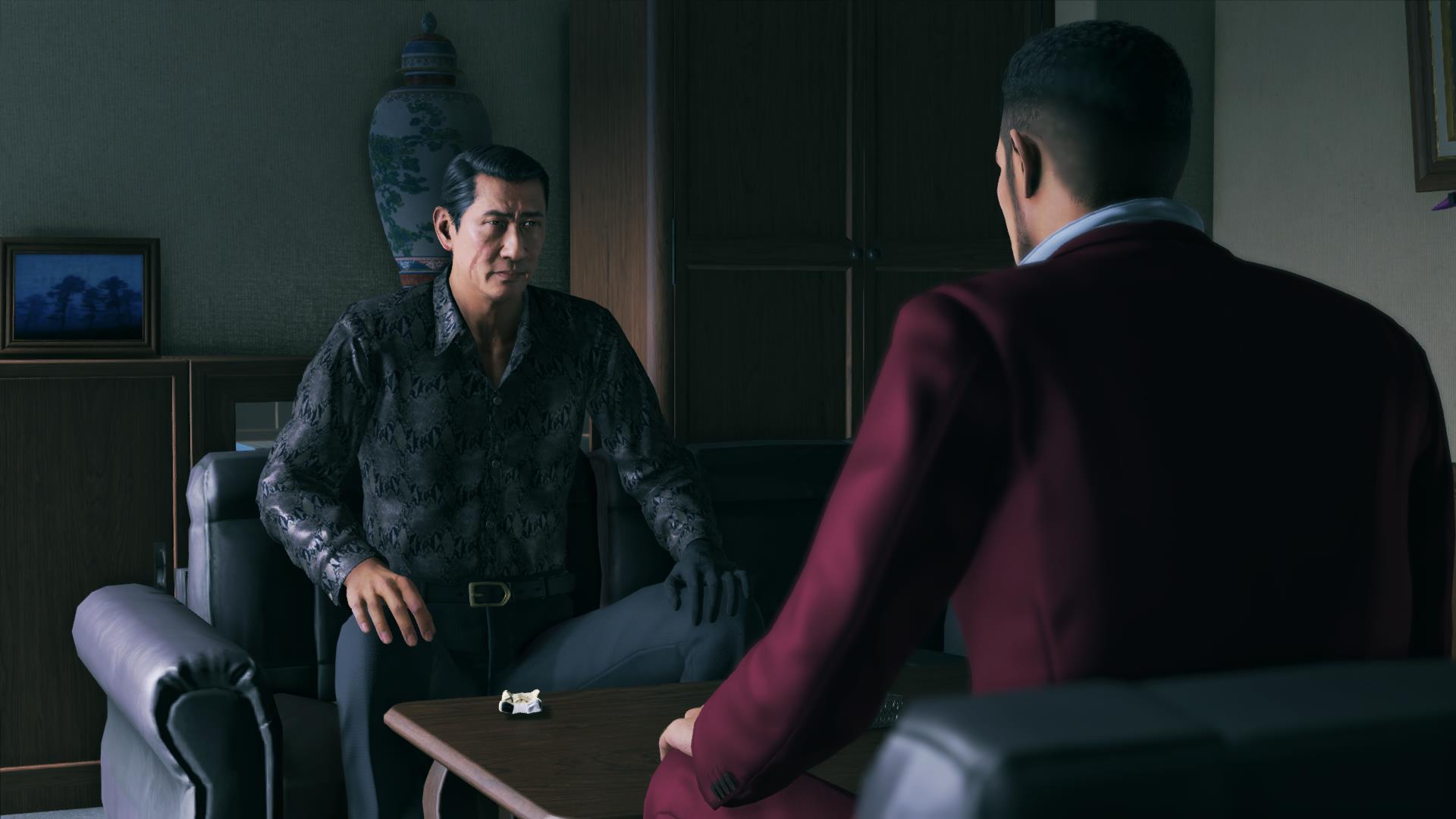
So how does someone like me make a pitch to others who may be in a similar circumstance? I would reach out more to the newcomers of the series as well and to both groups. I assure you that it's perfectly fine to begin with this game. Ichiban Kasuga is a different kind of protagonist from the many that players controlled over the near-two-decade franchise history. Different from Kazuma Kiryu, Goro Majima, Shun Akayama, and others, Ichiban, to put it lightly, would be the kind of protagonists the others avoid. Not because Ichiban is a dangerous individual, but he's a danger to himself and others by purely being simple-minded
It would be a coincidence that the same voice actor who plays Ichiban also played Kaito in Judgment as both characters are very similar to each other. Both like to engage in the thick of battle but have a heart of gold. Even their wise cracking personalities are similar and they would be drinking buddies. One major difference between the two is that, again, Ichiban would be the kind of protagonist who would be against Kaito simply for being on the other side of the Kamurocho life. For others looking at someone like Ichiban, the Yakuza is a title being adorned from some punk in a low level gang. For Ichiban, it was a concept of family as it was something he was desperately without.
It's here that there are many similarities between Kazuma and Ichiban, down to their origin story. The writers for the Like A Dragon series had always been craftsmen storytellers and they did a good job at conveying Ichiban. In the world that Ichiban lives in, veterans of the series know how ruthless the Yakuza can get. Treachery and treason are as common as getting into a fist fight by an angry drunkard in the streets of Kamurocho and there are many tells that foreshadow what happens to poor Ichiban.
The game's first chapter does a fair job at introducing Kasuga as a part of the Arakawa family as he's chasing after a scammer for selling illicit content to school kids. Ichiban gets the money from this collection job but instead decides to use this as an opportunity to return the money to the children. This is obviously something you just don't do as a Yakuza and this isn't the only odd decision he makes.
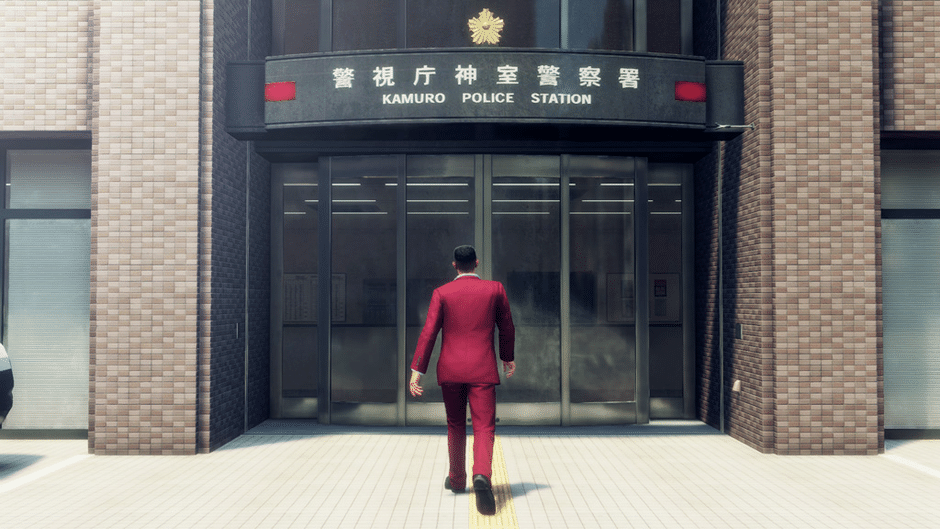
When a disgruntled worker is said to owe money to the Arakawa family, the only reason why Ichiban fights him is to test his strength from when he fought him in school. He knew that the worker was using it to spend money on their mother's hospital bills and was told, specifically, to "bring back the wallet." He leaves the money as a man of his word but takes his wallet.
It's here that Ichiban's major personality trait shows and it's something on the level of Vash The Stampede from Trigun. Ichiban is very knowledgeable about his surroundings as it's the street smarts that made him who he was. Unlike Kiryu who was raised by Shintaro Kazuma, the patriarch of a small yet respectable family from the Tojo Clan, Ichiban was raised in Shangri La.
Shangri La was a brothel that played a key role in the first few Yakuza games and it was here that his mother left him as a child, who was once a former worker. Being raised by the owner and the fellow "workers," Ichiban was raised in the most unorthodox way imaginable. After the original owner fell ill and passed, he was raised on the streets and dropped out of school, doing pretty crime to get by.
While Kiryu was sheltered yet gifted, Ichiban learned how to survive by being raised from the streets. His knowledge of the seedy underbelly of Kamurocho even allowed him to know the names of urban legends who should strike fear in the hearts of people. When he tried this by name dropping "Arakawa," it backfired on him by merely upsetting the rival Yakuza who he would get in a scrap with. It was here that Masumi Arakawa would make his entrance. He saves Ichiban and gives up his own finger for him, but it wasn't out of gratitude but because of Arakawa's belief that the only thing a Yakuza has is their name.
Arakawa holds the Yakuza code to the letter which was something that impressed Ichiban. Up until this point, he's been treated as chopped liver yet this was the first time anyone stood their neck out for him. Ever since then he wanted to join the Yakuza, much like the reasons for Kiryu to join the Tojo Clan under Kazuma's gratitude.
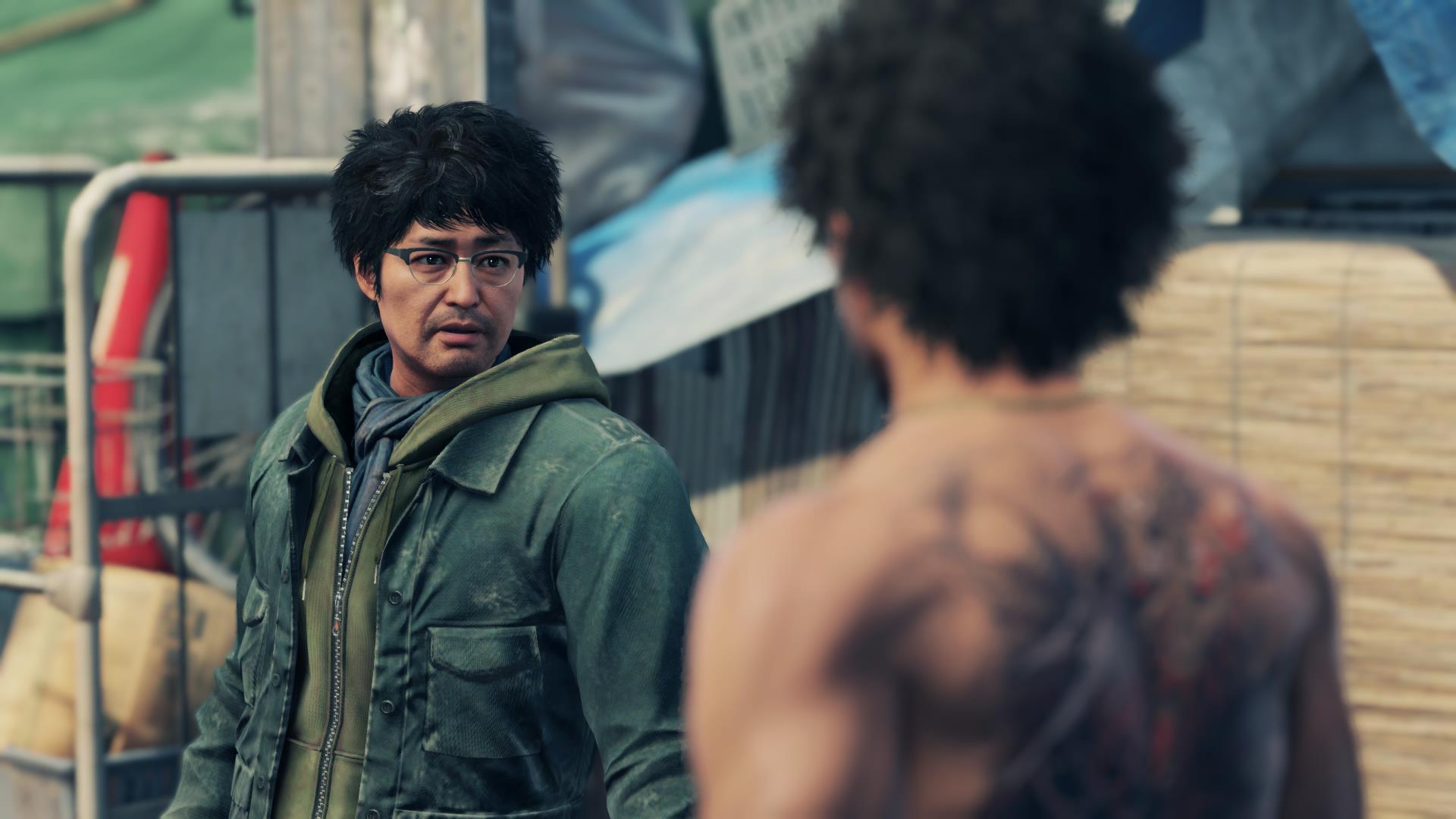
However, within the ranks Ichiban's not taken seriously because he doesn't have the mindset of a Yakuza. He's bound by his duty to do the right thing which is asking for trouble in a world of organized crime. It's this naivety that becomes his downfall as he takes the fall for a crime he didn't commit, which was a murder charge. Come to think of it now, the murder charge itself seems suspicious because why would Arakawa specifically ask Ichiban to do something instead of having his right hand man take the blame like a real Yakuza would? Hmmmm.
But for now, let's focus on Ichiban. He's grown up alone and the only figures who have been in his life are the patrons at the shop who have watched him grow. To Kiryu, these are his neighbors. To Ichiban, it was his family and the entirety of Kamurocho was his home. He's the kind of person that can defend himself but he's also someone who can easily be taken advantage of due to his simple mindedness. Another comparison to Vash is that both characters aren't as idiotic as they appear to be, just fueled with an extreme sense of justice at the expense of their own skin.
When he returns after doing an eighteen year bid, it's not "a return to business as usual" and there was no one waiting for his return, much like how there was an escort party waiting for Kiryu on behalf of Kazama. Even when he was picked up by a detective, he was warned not to go back as Kamurocho has been overrun by the Omi alliance in Kansai. Historically, Omi and Tojo Clans had beef but Arakawa was the sole reason why the Tojo Clan was sold out to Omi. His true colors are shown after Ichiban's 18 year bid (extended because he was passionate about his father figure) and a series of events leaves him for dead in Yokohama.
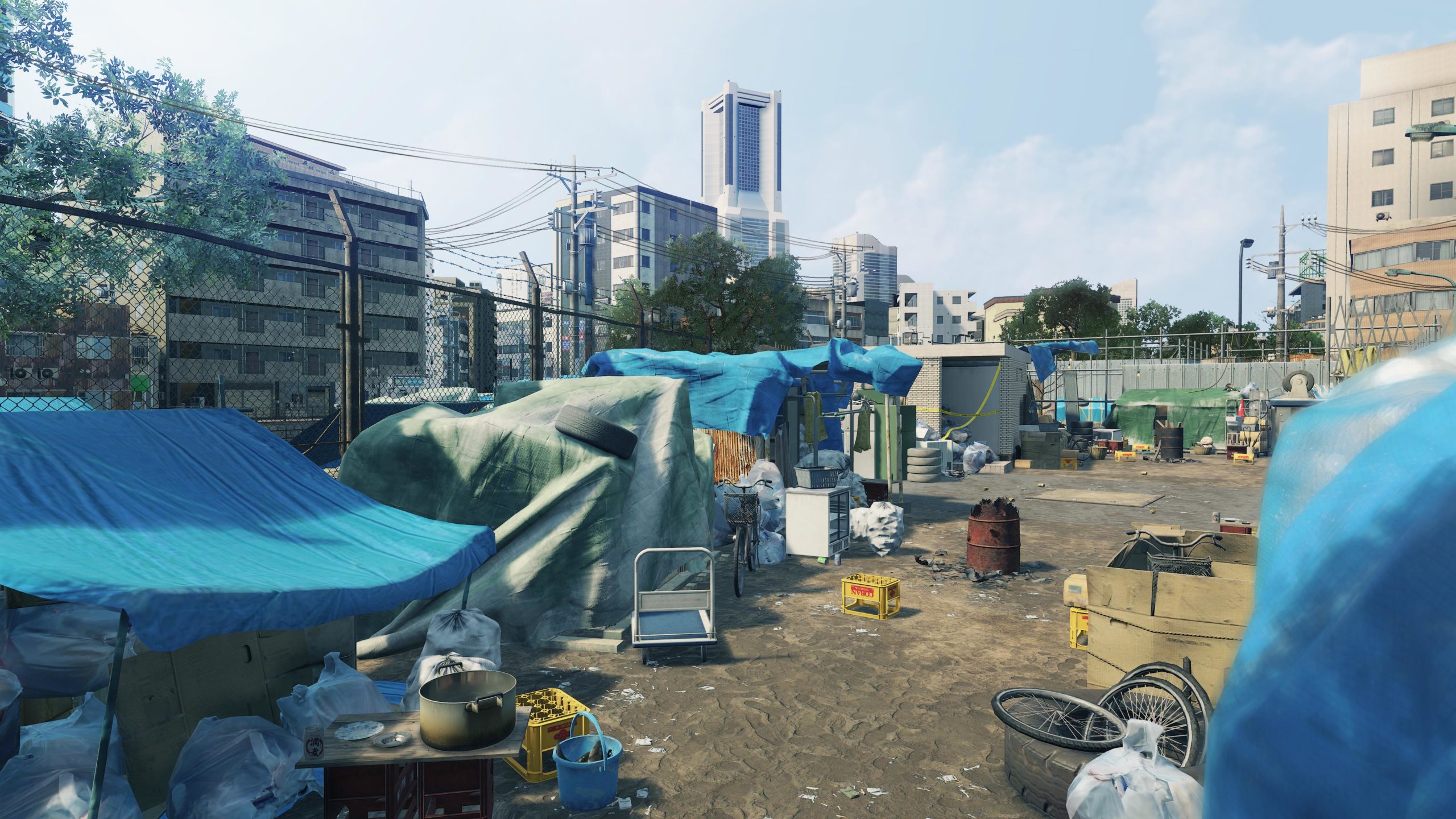
In many ways Like A Dragon shows the grim reality of what it's like to live a life of crime at rock bottom. Most people who commit crimes are misguided because of their generations before them. When he was left at a brothel, it wasn't what he asked for, for sure. However, it gave Ichiban an immense respect for women as it was women who helped raise him when his own parents wouldn't. This comes into play later when he defends a brothel from a protest group cleverly named "Bleach Japan" (Spell out the initials and it's exactly how the leader of the group's fate should have been).
Ichiban is not a Yakuza character as he's a civilian in every sense of the word and is only Yakuza in title. Despite this, he has an extreme code of honor, even sticking to the obvious lie that he killed someone to protect someone who would rather him dead. He also likes to stand up for the defenseless but inspire others that there's always a choice. Ichiban at 42 is one of the oldest debuting characters in Like A Dragon but he still has the sprightly energy of his time eighteen years younger. As a character, he inspires me as someone who also feels like they are one grave news away from reaching rock bottom. Perhaps Ichiban's infectious energy is what we all need to get going in life.
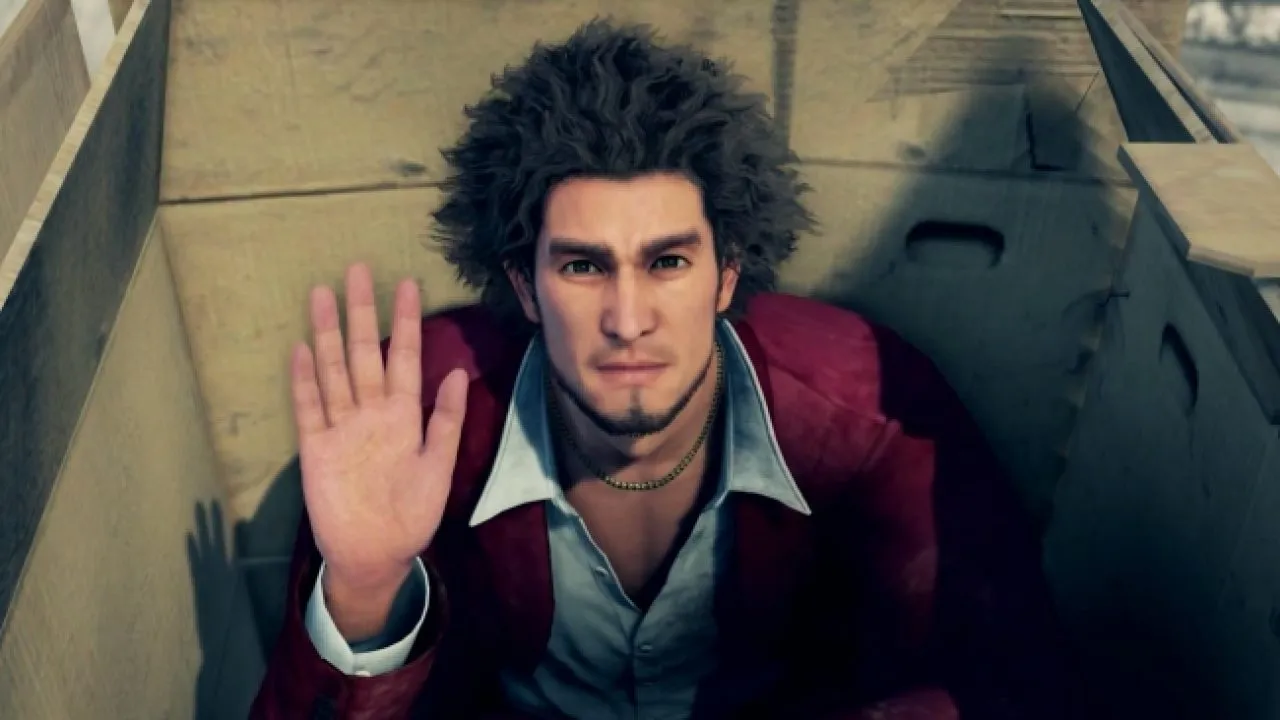
I understand this is less of a first impression of Like A Dragon from a gameplay perspective but more of the new protagonist himself. As I explore more of what Like A Dragon has to offer, I'll discuss more about the gameplay in a separate post as I feel the role-playing gameplay elements are what truly makes this an experience. For now, I've spoken enough about dear Ichiban and I can't wait to see how his story, Nanba's and others unfold during the Yokohama hijinks.
Yakuza Like A Dragon is available on the PlayStation 4, 5, Xbox One, Series X/S, and PC.
